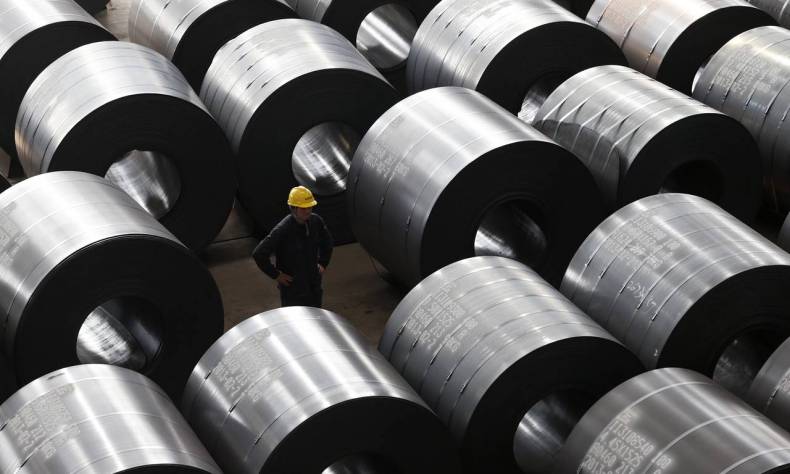
Politics to Decide China’s MES as Europe Split
“Is China a market-driven economy?” is a question being thrown around a lot of late, and the answer is difficult to answer. While it’s no longer an economy totally dominated by central planning, it is difficult for any country with such government management to make such a claim. But that is also not the real issue, or even the real meaning of the question (with regards to this article). “Is China a market economy” is, by all accounts, World Trade Organization (WTO) legal-speak for whether or not China will continue to be labeled a “non-market economy,” and therefore subject to different anti-dumping calculations than market economies.
China is currently under the assumption that its 2001 agreement to join the WTO–Section 15 of China’s Protocol of Accession–means that it will automatically receive market economy status (MES) sometime in 2016. Other WTO member countries who have not yet granted MES to China—which includes the U.S., the EU, Canada, India, Mexico, Turkey, and Brazil—beg to differ, and this question is sure to become one of major debate in 2016.
The aforementioned Section 15 is sub-titled “Price Comparability in Determining Subsidies and Dumping” and sub-section (ii) states that “the importing WTO Member may use a methodology that is not based on a strict comparison with domestic prices or costs in China if the producers under investigation cannot clearly show that market economy conditions prevail in the industry producing the like product with regard to manufacture, production and sale of that product.”
The EU is the first battlefront on which the issue will go to war, pitting member states against each other as sides are drawn. Most reports agree that free-trade proponents such as the Scandinavian countries, Germany, and Britain (all hail the “golden era”!) are pushing for MES while the more protectionist southern nations of the Mediterranean—i.e. France, Span, Italy—are against the proposal.
Make no mistake, the issue will be decided by politics more so than economic principles, but then again what isn’t? Many politicians (and one Chancellor of the Exchequer) are seen as very pro-China as they look for increased Chinese investment as a salve for sputtering economies. The opposing narrative comes from labor groups and the constituents who are likely to be affected by the granting of MES, particularly in industries such as steel, ceramics, chemicals, and textiles.
Adding to the issue is the U.S. making clear that it is firmly against the move of granting China MES under the current set of guidelines. It has begun to voice its opinion on the subject louder in recent months and has sided firmly with the southern European nations. The unwavering position of the world’s largest economy and top trade partner of the EU is a strong ally for those fighting the decision.
There are also a number of academics walking the middle ground, saying that MES could be granted and anti-dumping measures applied, only it will become more difficult with the burden of proof shifting from China to the market economy countries making the complaint. With Russia–which was granted MES in 2002–submitting a complaint to the WTO about the EU normal value adjustment mechanisms, the middle ground approach will probably not appeal to the anti-MES parties.
The very real fear among European leaders is the fear of retaliation by China resulting in the withdrawal of investment monies. Maybe the Chinese take their money out of Euro investment and instead move more into Africa. Or Asia. Or Latin America. Chinese infrastructure investment is a boon for a lot of countries and is often done with ancillary benefits in mind.
The decision will go a long way towards determining the mindset of Europe’s leaders regarding China, in addition to the lobbying power of the U.S., and should be watched closely. Given the divisiveness in the EU regarding the decision, the powerful rhetoric of the labor unions, and the political pressure from the U.S., the safest—and therefore most likely—road would be to reject China’s MES status by announcing that not enough has been done to open up the country. This would really only be a temporary fix, with China’s MES all but a given at the point, but it would force China to act and reform faster while satisfying if not pleasing all parties involved. The pro-MES side gets the promise of future benefits, the anti-MES side gets a temporary reprieve in which to prepare for the inevitable, the U.S. gets China to work harder at being more market-driven, and China is made to implement market reforms, which will benefit in the long-run.
 Facebook
Facebook
 Twitter
Twitter
 Linkedin
Linkedin
 Google +
Google +










